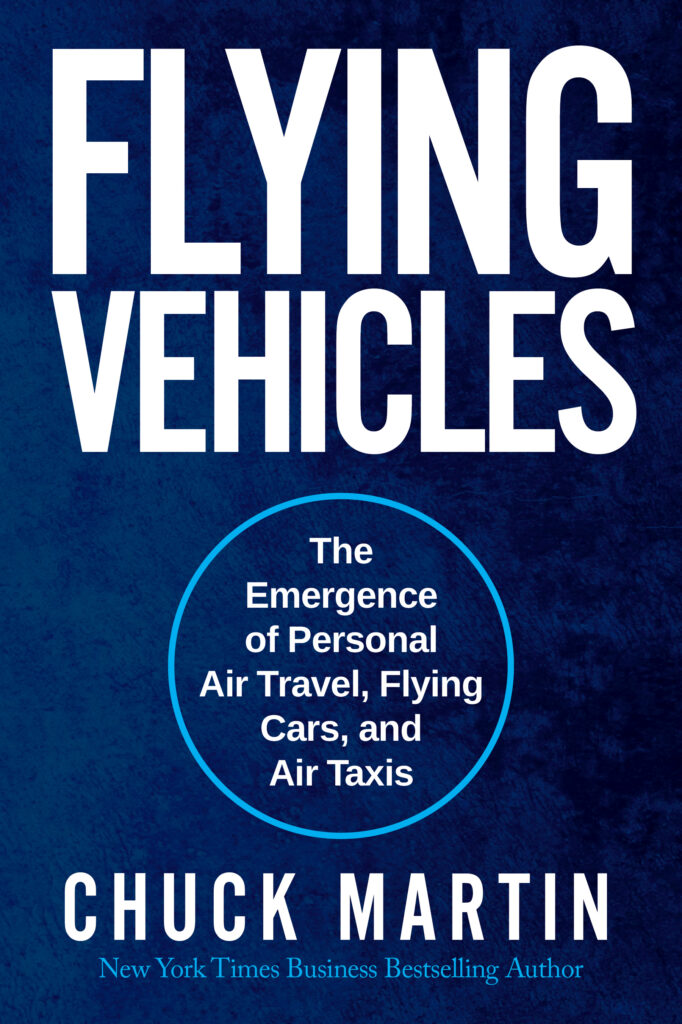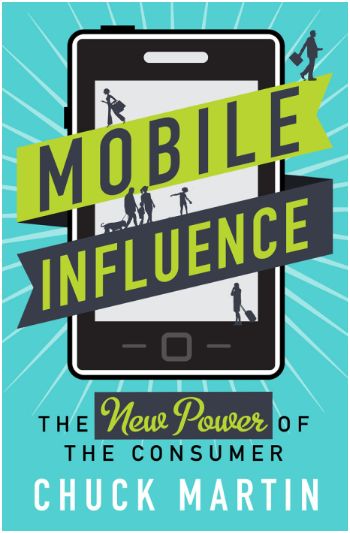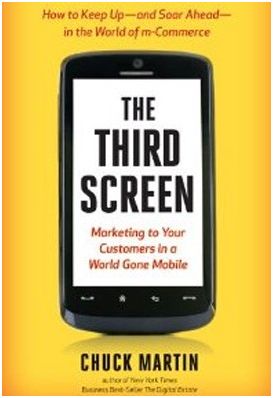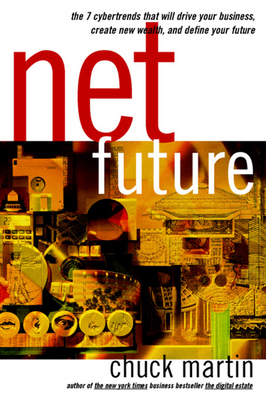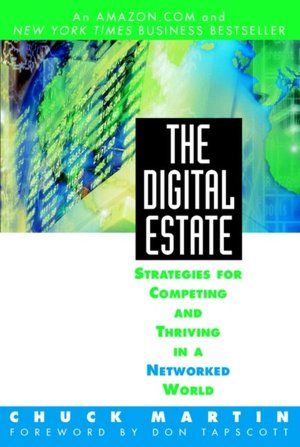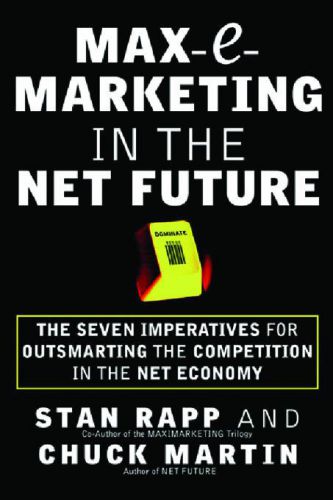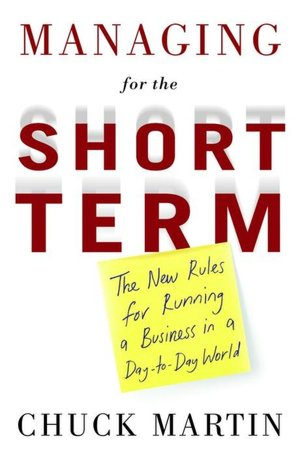
By Chuck Martin
The future is coming — and consumers have some ideas about what it might look like a decade from now.
Consumers have views about the technologies they likely will be using, ranging from remote security cameras to robots in the home, based on a new study.
The study comprised a survey of 1,000 U.S. adults representative of U.S. Census data conducted by Cite Research for Dassault Systemes.
Forecasting their device use in the year 2030, the majority (73%) of consumers say they are likely to be using remotely monitored appliances or devices, 73% to be using voice-activated appliances, 70% to be using fully connected smart home systems and 66% automatically functioning appliances.
Technologies that are expected to be used less include a fully autonomous virtual personalized home assistant (40%), a physical robot in the home (40%) and automatic reconfigurable home spaces, such as a dresser becoming automatically smaller to provide more space (39%).
For transportation, the majority (69%) of consumers say they are likely to use on-demand autonomous car services, 63% to share their own vehicle, 75% to use transportation sharing and 75% to use connected parking or smart parking systems that automatically detect occupants and direct users where to park.
In 2030, the majority (63%) of consumers expect to use autonomous vehicles with a driver in the vehicle and 57% expect to use driverless vehicles, with no driver in the vehicle.
More than a third (38%) expect to use personal air taxis and more than half (51%) anticipate using hyperloop rail, a sealed train tube allowing very high speed.


